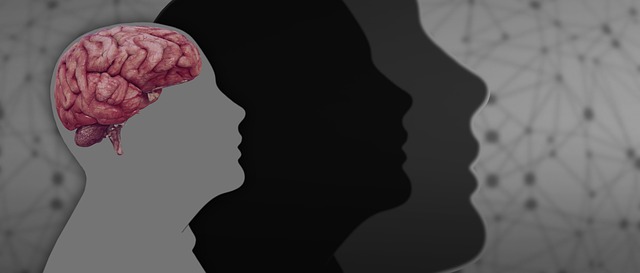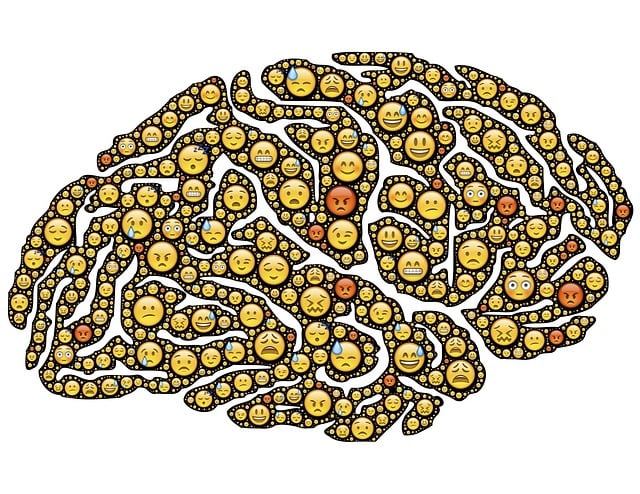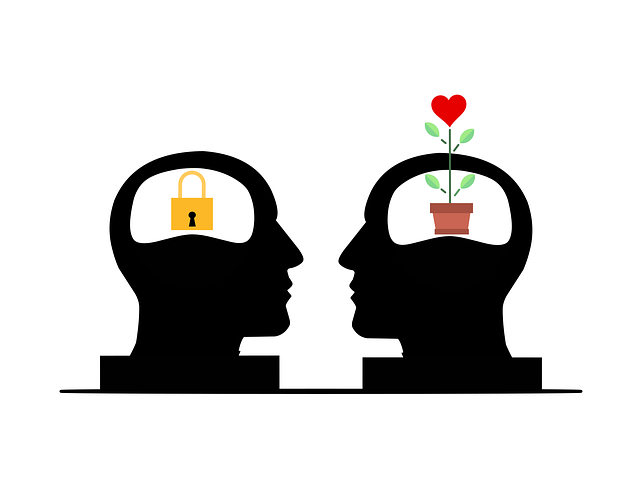Wheat Ridge Interpersonal Issues Therapy (WRIIT) emphasizes cultural sensitivity as a cornerstone of effective therapy, addressing interpersonal issues holistically. By recognizing and respecting diverse cultural backgrounds, WRIIT builds trust and stronger therapeutic alliances. This approach, aligned with Stress Management Workshops Organization's principles, tailors techniques to specific cultural needs, empowering clients to discuss identity, community, and systemic barriers openly. Therapists at WRIIT undergo continuous training in cultural competency to overcome unconscious biases, ensuring safe, supportive environments for diverse clients. This innovative method enhances emotional regulation, communication, and resilience, preventing burnout and fostering culturally relevant healing across communities.
In today’s diverse society, cultural sensitivity is paramount in mental healthcare. Understanding and respecting different cultural contexts forms the foundation for effective therapy. This article delves into key aspects of cultural sensitivity, including the Wheat Ridge Interpersonal Issues Therapy approach, which prioritizes diversity. We explore strategies to identify and overcome biases, foster trust and respect through communication, and present successful case studies showcasing the impact of culturally sensitive practices.
- Understanding Cultural Sensitivity: A Foundation for Effective Therapy
- Wheat Ridge Interpersonal Issues Therapy: An Approach That Embraces Diversity
- Identifying and Overcoming Biases in Mental Healthcare
- Building Trust and Respect: Communication Strategies Across Cultures
- Case Studies: Exploring Successful Cultural Sensitive Practices in Therapy
Understanding Cultural Sensitivity: A Foundation for Effective Therapy

Understanding Cultural Sensitivity is a cornerstone for any mental healthcare professional aiming to provide effective therapy. It involves recognizing and appreciating the diverse cultural backgrounds of clients, which can significantly impact their experiences, beliefs, and communication styles. In Wheat Ridge Interpersonal Issues Therapy, this understanding becomes a powerful tool to create a safe and supportive environment for individuals from various ethnic, racial, religious, or socioeconomic groups. By embracing cultural sensitivity, therapists foster trust, build stronger therapeutic alliances, and ultimately enhance the quality of care delivered.
This approach is crucial in addressing interpersonal issues, as cultural factors can play a substantial role in shaping a person’s mental health journey. For instance, it helps therapists tailor their techniques to match specific needs, whether that involves adapting communication methods or incorporating culturally relevant interventions. Moreover, it empowers clients to feel heard and understood, encouraging them to openly discuss personal struggles related to identity, community, or systemic barriers, thereby facilitating better anxiety relief and stress management. Organizations like the Stress Management Workshops Organization emphasize the importance of cultural sensitivity in mental healthcare, aligning with Mind Over Matter Principles to empower individuals and communities.
Wheat Ridge Interpersonal Issues Therapy: An Approach That Embraces Diversity

Wheat Ridge Interpersonal Issues Therapy (WRIIT) is a unique and inclusive approach that recognizes and embraces cultural diversity in mental healthcare. This therapeutic method focuses on the intricate relationships between individuals and their social environments, understanding that interpersonal dynamics significantly impact mental wellness. WRIIT offers a holistic view of emotional regulation by considering cultural contexts, which are often left unaddressed in traditional therapy settings. By incorporating cultural sensitivity, this approach ensures that every client receives tailored guidance and support to navigate their unique challenges.
The practice encourages clients to explore and express their emotions through effective communication strategies, fostering healthier relationships. This process is particularly beneficial for those struggling with burnout prevention, as it helps individuals develop resilience in their interpersonal interactions. WRIIT’s emphasis on cultural awareness allows mental health professionals to provide more nuanced care, making it a powerful tool in the mental wellness journal exercise guidance. It ensures that therapy remains relevant and impactful across diverse communities.
Identifying and Overcoming Biases in Mental Healthcare

Mental healthcare professionals must constantly examine their own biases to provide culturally sensitive care. Unconscious biases, shaped by personal experiences and societal influences, can inadvertently impact diagnosis, treatment recommendations, and patient-therapist relationships. For instance, a therapist might unconsciously associate certain cultural practices or expressions with mental health issues, leading to misjudgments. Recognizing these biases is crucial for offering unbiased support.
At Wheat Ridge Interpersonal Issues Therapy, we prioritize addressing these challenges through ongoing training in cultural competency. Our therapists are equipped to foster positive thinking and utilize mind over matter principles to help clients navigate trauma support services effectively. By acknowledging and overcoming personal biases, we create a safe space where every individual feels heard and understood, ensuring culturally sensitive practices that promote healing.
Building Trust and Respect: Communication Strategies Across Cultures

Building trust and respect is paramount in mental healthcare, especially when working with individuals from diverse cultural backgrounds. Effective communication strategies are essential to create a safe and supportive environment. Therapists at Wheat Ridge Interpersonal Issues Therapy understand that cultural differences can significantly impact how clients express emotions, perceive time, and approach problem-solving. Adapting communication styles to respect these differences fosters open dialogue and encourages clients to share their unique perspectives.
Active listening, clear and culturally sensitive language, and the use of non-verbal cues can bridge the gap between therapist and client. Incorporating elements from the client’s cultural framework, such as storytelling or specific idioms, demonstrates empathy and enhances understanding. This personalized approach not only improves communication but also has the potential to offer anxiety relief, facilitate depression prevention, and enhance overall mental wellness.
Case Studies: Exploring Successful Cultural Sensitive Practices in Therapy

Exploring successful cultural sensitive practices in therapy offers valuable insights into improving mental healthcare services. Case studies like those at Wheat Ridge Interpersonal Issues Therapy demonstrate that tailoring therapeutic approaches to a client’s cultural background can significantly enhance treatment outcomes. For instance, therapists who incorporate traditional healing methods or actively involve family members in the process can foster better communication and trust, leading to more effective emotional regulation.
By adopting these culturally sensitive practices, healthcare providers not only address burnout prevention strategies for themselves but also create a safer and more supportive environment for their clients. Furthermore, encouraging self-care practices among both therapists and patients becomes integral to the therapeutic journey, ensuring everyone involved can navigate their personal and emotional landscapes with resilience and respect for diverse cultural perspectives.
In light of the diverse cultural landscapes within which mental healthcare practices operate, adopting a culturally sensitive approach is no longer a consideration but a necessity. The article has explored various facets of this topic, from understanding the foundational importance of cultural sensitivity to practical strategies for building trust and respect across cultural divides. As highlighted through case studies, implementing methods such as Wheat Ridge Interpersonal Issues Therapy can significantly enhance therapeutic outcomes by embracing diversity and overcoming biases. Ultimately, prioritizing cultural sensitivity in mental healthcare ensures that services are accessible, effective, and respectful for all individuals, fostering a more inclusive and supportive environment.














